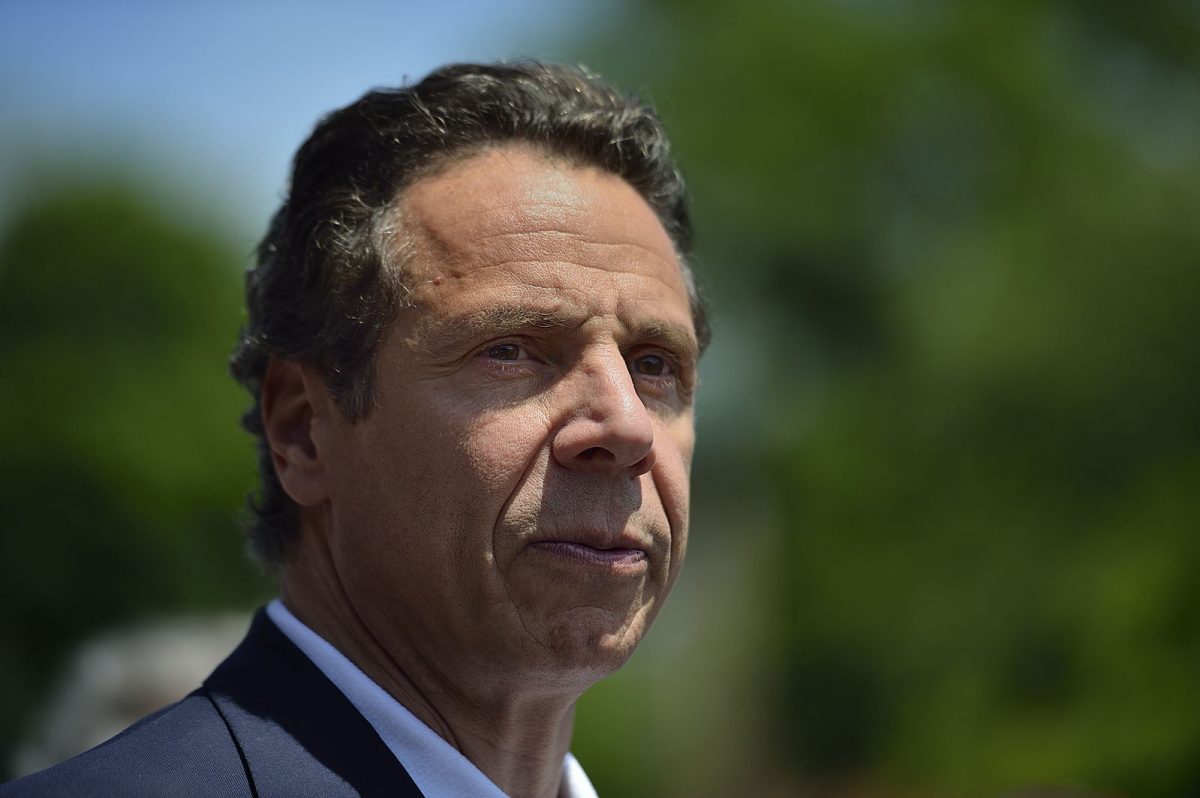On Sept. 28, in a nearly nine-minute video, Mayor Eric Adams announced that he did not see a path for re-election and that he would conclude his mayoral term at the end of the year, giving up his bid in the upcoming election.
The decision is met with much praise and celebration. Over the course of his term, Adams has proven multiple times that he is inadequate to run New York City.
His term was marred by multiple corruption scandals and public scrutiny.
New Yorkers grew tired of his larger-than-life attitude that did not provide the support needed when dealing with fast rising costs.
Adams was also famously accused of an apparent quid pro quo deal. The federal corruption charges brought against Adams were dropped, coincidentally now giving him the freedom to work with President Donald Trump for his deportation agenda.
The mayor partially acknowledged the behavior that landed him in hot water and attempted to spin a new narrative that put the blame for the demise of his campaign on “forces beyond his control.”
His departure from the mayoral race had lasting effects that rippled onto the other candidates’ races, causing them to exhibit some less-than-ideal behavior.
Andrew Cuomo, the former governor of New York, is running independently in the race for mayor. He believes that with Adams gone from the race, he has a better chance of success, as he can now pick up Black and Orthodox Jewish voters who would have voted for Adams.
There were rumors that Cuomo had been pushing for Adams to drop out to “clear the field.”
Allegedly, his campaign has also been pushing for Republican candidate Curtis Sliwa to drop out of the race as well.
Sliwa claims that they’ve tried to bribe him and that this was done on behalf of Cuomo, to which Cuomo’s campaign had denied and called Sliwa a liar.
Sliwa was firm in his decision to stay in the race. With an offensive flick to the chin, he stated, “You can’t bribe me, buy me, lease me, I’m not for sale.” His determination and optimism are admirable as Big Apple heavyweights continue to pressure him to follow in Adams’ footsteps.
Chien Kwok, an educator and co-founder of education advocacy group Place NYC, chimed in on X.
“Curtis, you’re a good man who loves NYC… Now it’s time to defend us by dropping out of the race so Mamdani can’t hurt NYC beyond recognition. We can only defeat Mamdani if we unite behind one candidate, Cuomo. Please drop out now,” he wrote on X.
He is just one of several millionaires who are attempting to create a dream matchup between Cuomo and Mamdani for the race. The plan is to eliminate the weaker candidates, Sliwa and Adams, in order to align Cuomo directly against the Democratic nominee. The ultimate goal is for Cuomo to win, preventing Mamdani from entering office and blocking his more progressive policies.
Mamdani has been referred to by all kinds of names during the course of the race, including a “growing extremist in politics” in a veiled warning by Adams. Although with good intention, his overbearingness and lack of clarity in policies may lead to uncertainty in voters, something Cuomo hopes to capitalize on.
Mamdani’s position as common enemy number one is the basis of the tension between Sliwa and Cuomo as they both think they can go head-to-head with him, despite mayoral surveys showing Mamdani with a comfortable lead.
The mayoral surveys prove an excellent point that, despite the opinions that the candidates have of each other, it’s up to New Yorkers to determine who will be the next mayor.
With that, Cuomo’s bribery efforts appear in vain as many are not willing to support him if Sliwa were to drop out. Data by pollster Adam Carlson pointed out that 71% of Sliwa voters would not consider voting for Cuomo at all.
His alleged behavior during the election is extremely troublesome and one of the many factors as to why voters are reluctant to consider him.






